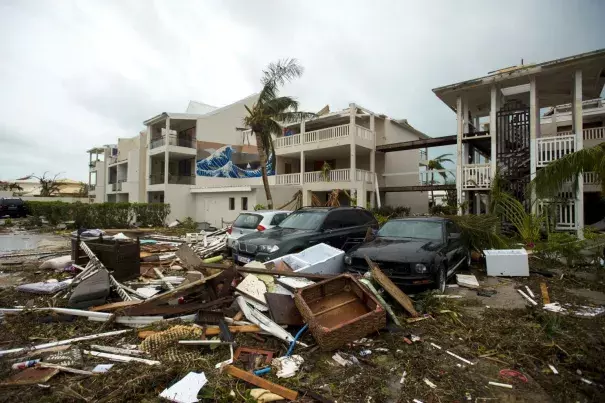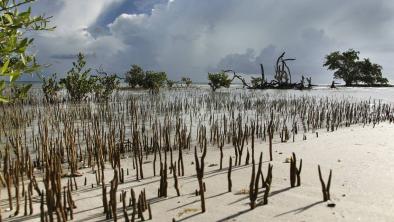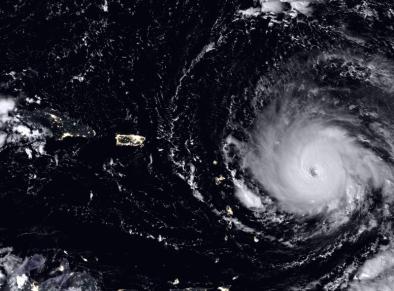Irma and Harvey should kill any doubt that climate change is real

As we begin to clean up from Hurricane Harvey, the wettest hurricane on record, dumping up to 50 inches of rain on Houston in three days, and await landfall of Irma, the most powerful hurricane on record in the open Atlantic Ocean, people are asking: What is the role of human-induced climate change in these events, and how else have our own actions increased our risks?
Fundamental physical principles and observed weather trends mean we already know some of the answers — and we have for a long time.
Hurricanes get their energy from warm ocean waters, and the oceans are warming because of the human-caused buildup of heat-trapping gases in the atmosphere, primarily from the burning of coal, oil and gas. The strongest hurricanes have gotten stronger because of global warming. Over the past two years, we have witnessed the most intense hurricanes on record for the globe, both hemispheres, the Pacific and now, with Irma, the Atlantic.
We also know that warmer air holds more moisture, and the amount of water vapor in the atmosphere has increased because of human-induced global warming. We’ve measured this increase, and it has been unequivocally attributed to human-caused warming. That extra moisture causes heavier rainfall, which has also been observed and attributed to our influence on climate. We know that rainfall rates in hurricanes are expected to increase in a warmer world, and now we’re living that reality.
And global warming also means higher sea levels, both because ocean water expands as it warms and because ice in the mountains and at the poles melts and makes its way into oceans. Sea level rise is accelerating, and storm surge from hurricanes rides on top of higher seas to infiltrate further into our coastal cities.
Heavier rain and higher sea levels can combine to compound flooding in major hurricanes, as the deluges cause flooding that must drain to the sea but can’t do so as quickly because of storm surges. Sadly, we saw this effect in play in the catastrophic flooding from Harvey.
We don’t have all of the answers yet. There are scientific linkages we’re still trying to work out. Harvey, like Hurricane Irene before it in 2011, resulted in record flooding, because of a combination of factors. Very warm ocean temperatures meant more moisture in the atmosphere to produce heavy rainfall, yes. But both storms were also very slow-moving, nearly stationary at times, which means that rain fell over the same areas for an extended period.
Related Content





